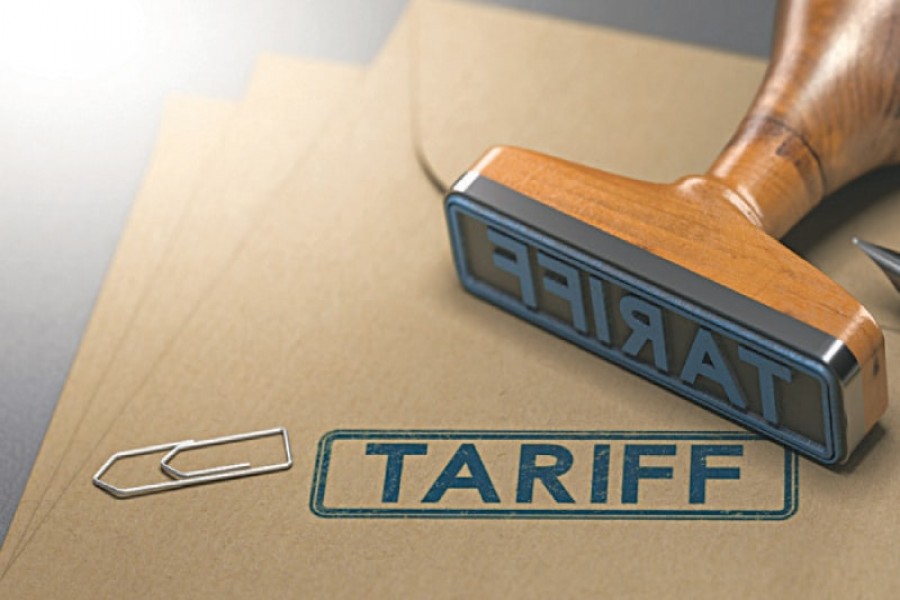
Published :
Updated :

Bangladeshi businesses have experienced a lower-than-average cost increase from tariffs and expect significantly smaller cost increases in both the short and long terms, according to HSBC's 2025 Global Trade Pulse Survey.
The survey, which gathered insights from over 5,700 international firms across 13 markets, including 250 companies in Bangladesh, found that the mean average expected impact on revenue to a Bangladeshi business due to supply chain delays/interruption is 5.0 per cent higher than the global average.
In response to escalating trade challenges, local companies have strengthened data analytics, developed risk management plans, conducted simulations to prepare for various trade scenarios, and diversified their supply chains.
The companies interviewed are highly optimistic about their international growth; however, half of those surveyed expressed a need for strategic advice to navigate international expansion, according to the survey.
In light of current trade dynamics, businesses in Bangladesh are adapting their trade strategy to increase reliance on Europe, the USA and South Asia.
Bangladesh is also deepening its trade relationships with key partners -China (54 per cent), the US (58 per cent), and Europe (65 per cent) -in line with the broader trend of emerging trade corridors across Asia and beyond.
"The survey findings highlight the adaptability of the Bangladeshi businesses and their optimism to embrace changes. With our global expertise and strong international network, we are ideally positioned to collaborate with our customers and keep connecting them to opportunities here and from around the world," Md. Mahbub ur Rahman, Chief Executive Officer, HSBC Bangladesh, said.
Bangladesh is also amongst the 13 markets covered by the HSBC Trade Pulse Survey offering insight on business plans and sentiment on trade and tariffs, targeted at international corporates. 250 responses were collected between April 30 and May 12, 2025 from Bangladesh.
The survey, however, said global businesses were facing surging costs and supply chain disruptions, prompting them to rethink their strategies and planned investments as tariffs and shifting trade policies continue to affect their enterprise.
The survey revealed that two thirds of corporations already experienced cost increases due to tariff and trade uncertainty - and the worst may be yet to come.
Globally, 73 per cent of companies anticipate further cost increases in the short-term, while 72 per cent expect sustained pressure over the long- term. Approximately 78 per cent are re-evaluating their long-term business models, with 43 per cent considering adjustments to their international expansion strategies and 39 per cent will shift their focus to domestic or regional markets.
Moreover, 89 per cent of businesses worldwide remain confident in the prospects for growing international trade over the next two years. Many are adopting 'nearshoring' and 'reshoring' strategies.
In line with the global positive outlook, larger businesses (those with a revenue over US$2.0 billion) are confident about their ability to grow international trade over the next two years (82 per cent), although less so than the average, (89 per cent).
Vivek Ramachandran, Head of Global Trade Solutions at HSBC, said: "The current landscape of tariffs and trade uncertainty presents significant challenges for businesses, but they are showing great resilience and adaptability in the way they operate."
"With over 70 per cent of companies anticipating sustained cost increases, and businesses facing an average 18 per cent drop in revenue, the imperative for strategic adaptation is clear. Navigating this climate requires not only agility, but strong partnerships to ensure sustained growth in a shifting global economy."
siddique.islam@gmail.com


 For all latest news, follow The Financial Express Google News channel.
For all latest news, follow The Financial Express Google News channel.